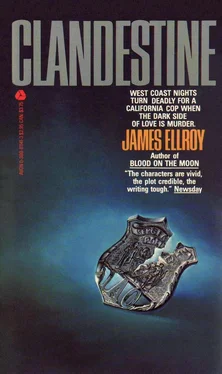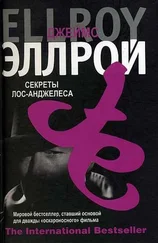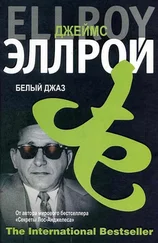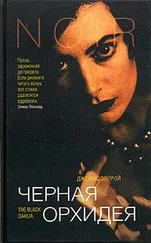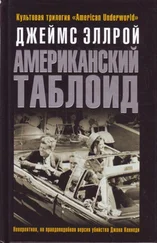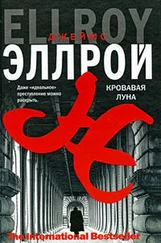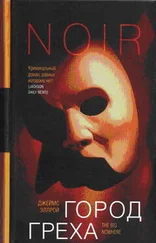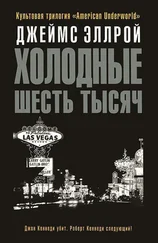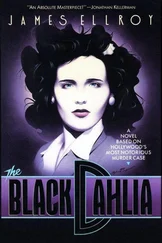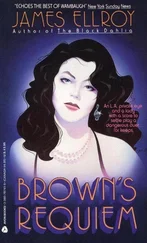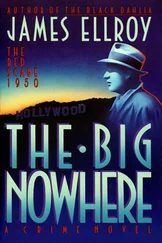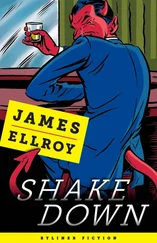George Berglund, who never walked or spoke a human sound, died of scarlet fever in 1919. He was seven years old. Willem buried him in a burlap bag in a shallow grave next to the toolshed adjoining his house.
Piet crossed the road to offer condolences to the man to whom he hadn’t spoken in over a year. Willem slapped him before he could say a word.
Hasse Berglund died the following year. Sodomized repeatedly by his fellow inmates at the asylum, he could stand the abuse no longer and threw himself off a high ledge into a granite quarry that the inmates were forced to work in.
The director of the asylum wrote Willem a letter demanding two hundred dollars for a “decent Christian burial” for the “boy.” He never got his money. Willem simply forgot to send it; he had other things on his mind. He had to destroy Piet DeVries. He talked about it to Anna, late at night. Young Will listened at the bedroom door: Piet had been responsible for the deaths of Lars and Hasse — and even little idiot Georgie. That was the past, and it was enough. But now Piet and his little redheaded vixen daughter were trying to destroy Willem’s golden Will, his only remaining true blood, with poetry and music and God knew what else. God! Willem would then exclaim hysterically to the sobbing Anna that there was no God beyond his land and his family, and that, by God, he would teach Piet that.
Marcella and Will knew each other by instinct, by mind, and by rote. With the discernment of highly attuned animals they found each other across the dusty country road that separated the two farms, across the legacy of ambition and violence that bound their fathers. The inevitability of the two was so correct that Willem Berglund and Piet DeVries just sat back and let it happen.
It happened. When the children were four they would toddle into the cabbage field together and construct mansions out of the brown soil that ran through the irrigation furrows. Often after a day of play in the fields they would return to the DeVries farm house and pick out tunes on Mai’s piano.
When they were seven, the year of George’s death, they discovered the town, and would walk hand in hand down Main Street to the public library and read together for hours, lugging huge armfuls of books out to the pergola that stood behind the white brick building. In the wintertime they would hide in the wooden feed bin at the edge of the Berglund property, make a fire out of twigs, and tell stories until they fell asleep.
No one — not Willem, nor Piet, nor their wives, nor the neighbors — took exception to this arrangement. Somehow, it was implicitly understood that these two children were the uneasy truce between the families, and if they remained free to be together there would be no more tragedy.
But the twenties came, and Willem took to drink, and his nighttime rantings against Piet took on a renewed vehemence. Will, now ten, had long ceased to believe that his father would ever carry out his threats, but things were changing. He and Marcella were changing. Their conversations were more and more frequently being interrupted by roughhouse horseplay that inevitably led to touching and kissing and probing. Soon they were lovers in the flesh, and soon it seemed that everyone knew and loathed and feared it.
Marcella at twelve was taller than Will, already full-breasted with smooth freckled skin stretched taut over wide hipbones. Men from the town looked at her and felt immediately guilty for their thoughts. The same men looked at Will and hated him for what they knew he had.
The poetry-reading, nature-loving golden children who strolled down Main Street, lost in each other, drew much attention in the staid little farming community. Small-town talk — compounded by the strangeness of Piet and Willem — made resentment and curiosity fester, and the two lovers began to take their love clandestinely to wherever they could find a knoll or a mantle of grass or a field overgrown with foliage where they could lie together.
In 1926 Willem made his first overt move against Piet, dumping large piles of compost into his irrigation sluices. Piet knew about it and did nothing to retaliate. A week later Piet’s collie dog was found bludgeoned to death. Still Piet did nothing.
Late at night Will would hear his father cackle drunkenly to the wife who had come to hate him. Piet was a coward, he said, gone soft from his sissy music. A man who won’t avenge his land is less than a dead dog, Willem shrieked, and by God, a coward had no right to own land.
Will was watching and listening through a spy hole in the ceiling that Piet had long ago told him to construct. Will knew that it was different this time, that his father’s timidity, so long held in check by his fear of Piet, was waning. Willem was awestruck at Piet’s reluctance to retaliate, and young Will knew that his father would take his revenge as far as he could.
Will loved Piet, and told him what he knew. Piet shook his head and told Will two things: “Don’t tell Marcella, and tell your mother to go and stay with her family in Green Bay.”
Anna Berglund left for upstate Wisconsin the following day, and Marcella already knew, informed by the almost telepathic rapport between herself and Will.
And she retaliated. Marcella knew that Willem spent his Thursday mornings in town, withdrawing money from the bank to pay his farmhands and buying provisions. She waited for him there, in the lobby of the Badger Hotel, armed with hatred for her lover’s father and fierce love and contempt for her own.
Townspeople sensed that something was about to happen: Marcella DeVries, straight-A student, was not in school, was instead sitting in an overstuffed chair fuming silently, her indently pale skin as florid as her bright red hair, twisting her hands into knots and staring straight through the plate glass window, watching the National Bank. A crowd formed outside the hotel.
Willem showed up at nine o’clock, when the bank opened. Marcella waited until he finished his transactions, then walked across the street to wait for him. He came out the door a few minutes later, carrying a brown paper bag full of money. When he saw Marcella there was a fearful silence, then she rushed at him and flung the paper bag to the ground, spilling its contents. Greenbacks drifted down Main Street in the April wind, and the crowd watched in horrified awe as fourteen-year-old Marcella DeVries wreaked her revenge. She punched, scratched, kicked, and bit Willem Berglund, pummeling him to the ground, pulling the whiskey bottle out of his waistband and spilling the contents over his head, cursing him in English, Dutch, and German until her throat and rage gave out.
She reserved the worst of her wrath for her father, her mother, and her lover. They were cowards too, and it was worse because she loved them.
Marcella cleaned house that Wisconsin Walpurgisnacht; informing her gentle mother that this farmhouse was no place for a weak woman, that she was to get out until such a time as her father was strong enough to shelter a woman of her kind. Piet made no move to stop his daughter. As much as he loved his wife, he was in awe of the redheaded girl who bore his features.
Mai Hendenfelder DeVries left that night for the shelter of friends in Lake Geneva. Marcella had directions for Papa, too: he was not to tinker with his violin or play his Victrola or read until he exhausted himself in the fields each day like the cheap German immigrant labor he hired. Shamed and humiliated beyond words, Piet mutely agreed. Marcella raged on: he was to renounce God and Jesus Christ and the Dutch Reformed Church. Piet balked. Marcella raged. Piet continued to balk until Marcella said simply, with brutal finality — “If you don’t, you will never see Johnny or me again.”
Sobbing, abject, and utterly degraded, he agreed.
Читать дальше
